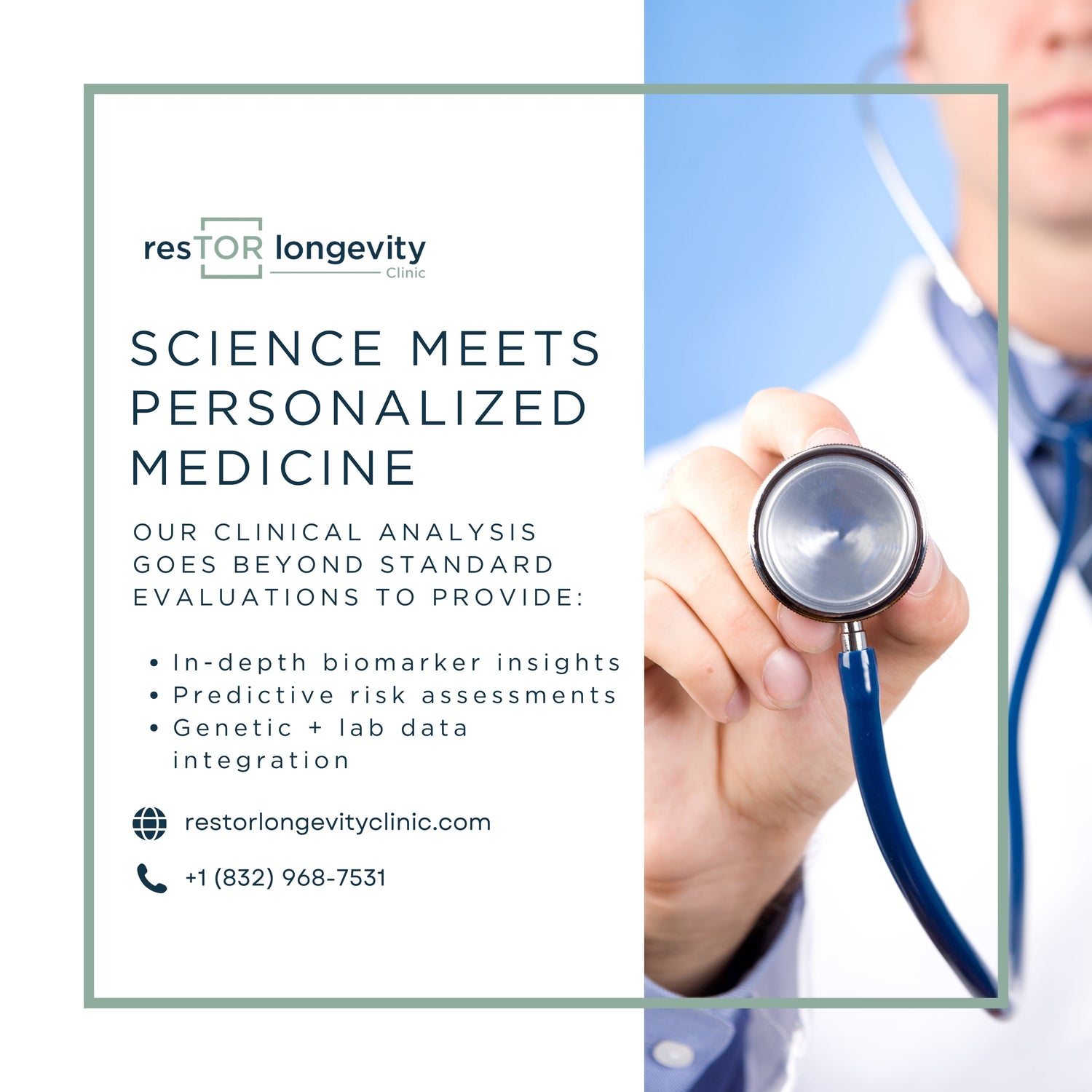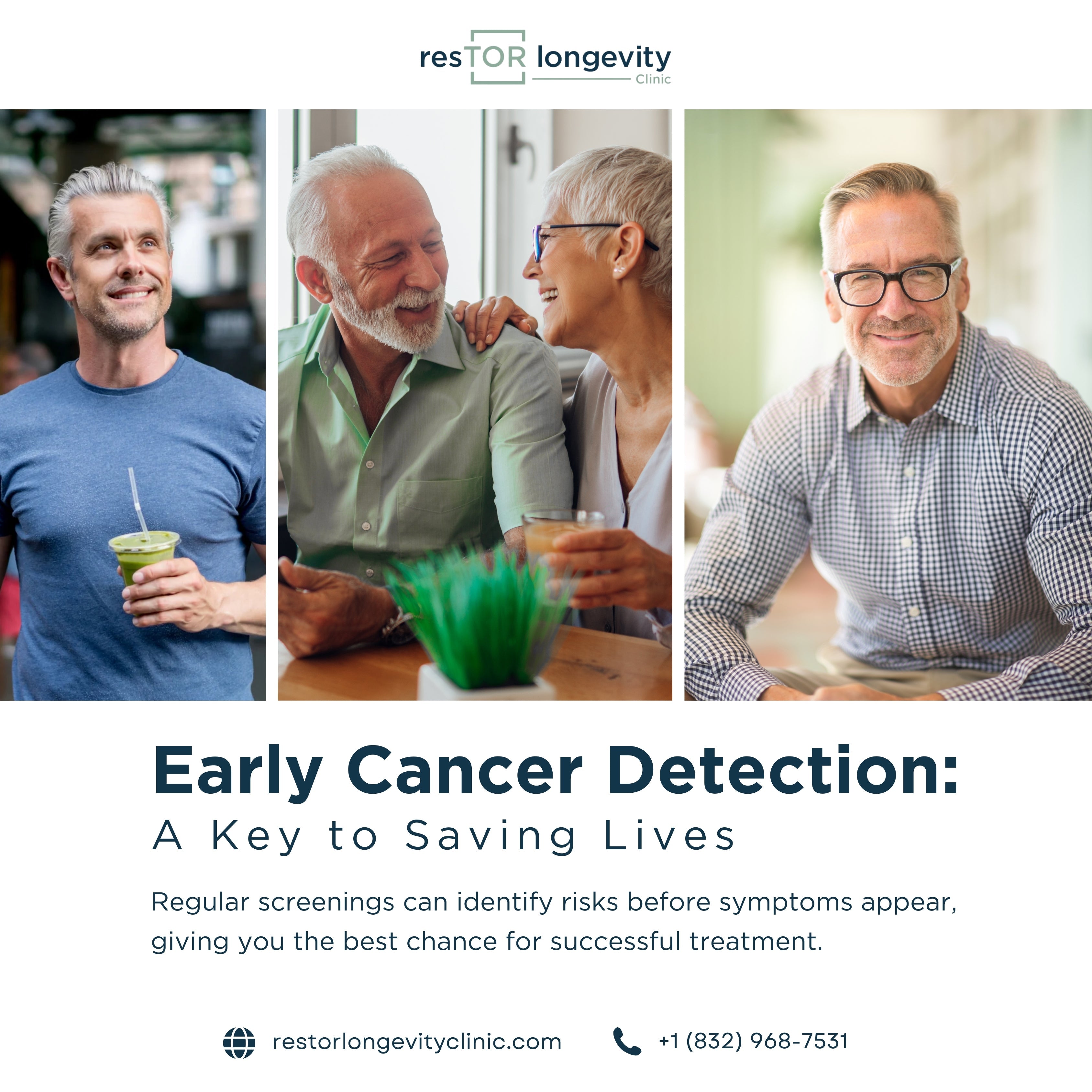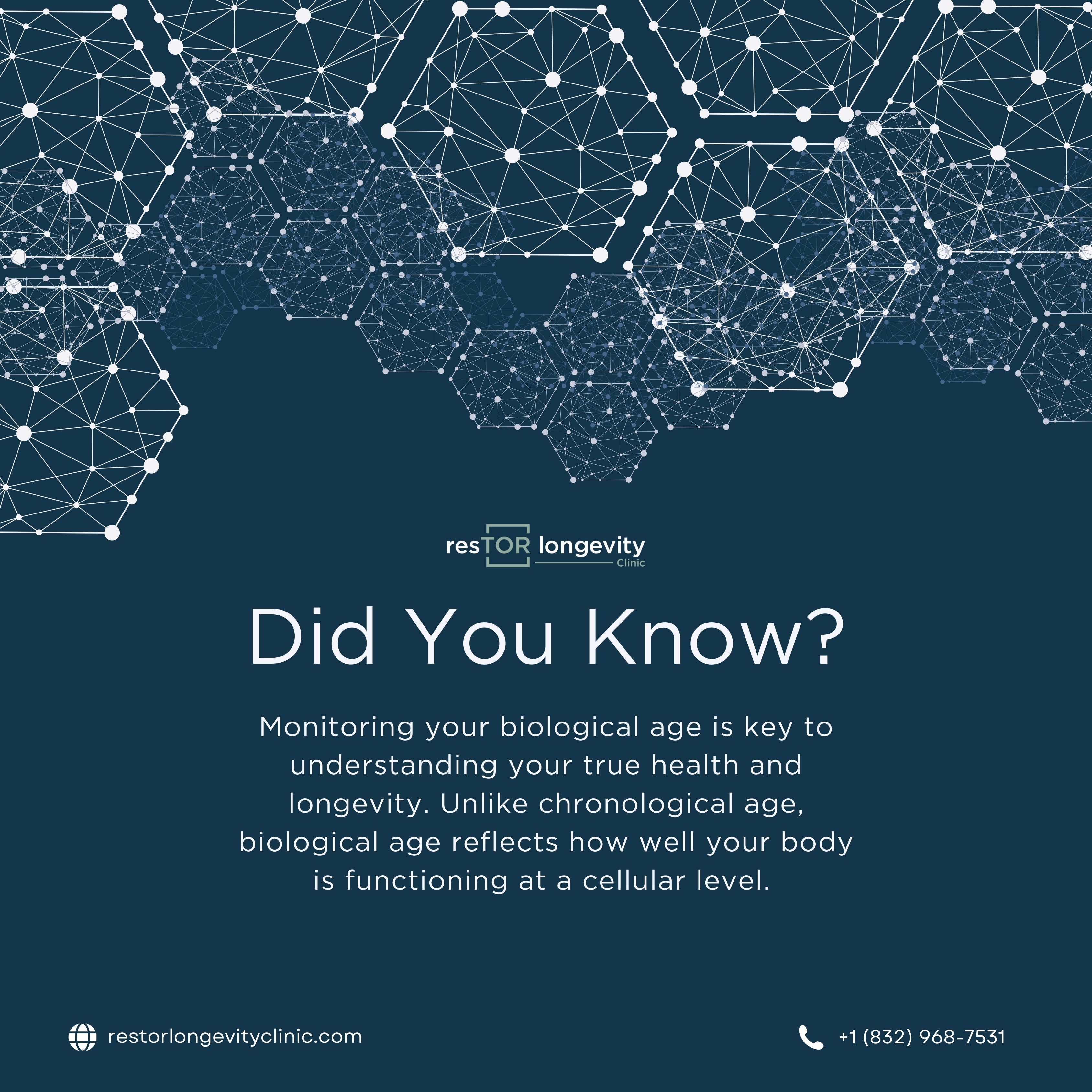Did you know that over 80% of chronic diseases can be prevented through lifestyle changes and personalized health plans? As we advance into a new era of health care, understanding how science intersects with personalized medicine becomes more crucial than ever. In this comprehensive guide, we will explore the principles of personalized medicine, its significance in longevity and health span, and how it’s revolutionizing the way we view health management. We will dive deep into cutting-edge practices, including in-depth biomarker insights, predictive risk assessments, and genetic lab data integration, allowing you to optimize performance, prevent disease, and extend your health span. This journey isn’t just about treating illness; it’s about empowering yourself through informed choices that enhance the quality of your life. Buckle up as we unlock the secrets of personalized medicine for a healthier, longer life!
Understanding Personalized Medicine
Personalized medicine is a paradigm shift in healthcare that tailors medical treatment to individual characteristics, needs, and preferences. Rather than a ‘one-size-fits-all’ approach, personalized medicine focuses on precision and individualization. This shift is mainly made possible by advancements in genetic research and technology that allow us to understand the complexities of each person's health better.
The Role of Biomarkers
What are Biomarkers?
Biomarkers are measurable indicators of some biological state or condition. In the context of personalized medicine, biomarkers provide valuable data about disease susceptibility, progression, and response to treatment. In-depth biomarker insights are pivotal in designing effective health strategies that are unique to each patient.
- Types of Biomarkers:
- Genetic Biomarkers: These are DNA sequences that differ from the norm and may indicate a predisposition to certain diseases.
- Proteomic Biomarkers: These are proteins that indicate the presence of disease or the efficacy of a treatment.
- Metabolic Biomarkers: These involve metabolic changes that may signal disease states or therapeutic responses.
How Biomarkers Transform Medical Practice
1. Tailored Strategies: Healthcare providers use biomarkers to develop personalized treatment plans. For example, understanding a patient’s genetic predisposition to diabetes could lead to customized dietary and exercise plans.
2. Early Detection: Biomarkers enable early detection of diseases such as cancer, allowing for timely and often more effective interventions.
3. Monitoring Progress: Regular assessment of biomarkers can help in monitoring treatment response and adjusting protocols accordingly.
Predictive Risk Assessments
What Are Predictive Risk Assessments?
Predictive risk assessments merge genetic, environmental, and lifestyle factors to estimate an individual’s risk of developing certain conditions. This proactive approach is vital for preventative medicine, shifting the focus from treatment to prevention.
Benefits of Predictive Risk Assessments:
- Personalized Prevention Strategies: By determining specific risks, patients can make informed lifestyle changes to reduce the likelihood of developing these conditions.
- Cost-Effective Care: By preventing disease rather than treating it, it can save significant healthcare costs in the long term.
- Enhanced Quality of Life: By avoiding serious health issues, patients can enjoy a longer, healthier life.
The Integration of Genetic and Lab Data
At the forefront of personalized medicine is the integration of genetic and lab data. This integration provides a holistic view of an individual’s health, guiding targeted interventions.
Key Components:
- Genetic Testing: Understanding genetic predispositions allows for a tailored health approach that includes genetic counseling and risk assessment.
- Lab Panels: Regular monitoring through advanced blood panels aids in assessing overall health and calibrating health strategies.
The Power of Data-Driven Decisions
When healthcare providers utilize integrated data effectively, they can design personalized health plans based on a comprehensive understanding of a patient’s health profile. This can involve recommendations for nutrition, exercise routines, and monitoring schedules that are uniquely suited to the individual.
Holistic Approaches to Health Transformation
Personalized medicine is not limited to medical therapies alone; it encompasses a holistic view of health. This means that emotional and mental well-being, exercise, nutrition, social environment, and spirituality also play significant roles in health transformation.
Key Areas of Focus:
1. Nutrition: Personalized nutrition strategies, based on genetic testing and lifestyle factors, can effectively improve health and prevent diseases.
2. Physical Activity: Custom exercise plans that fit individual preferences and capabilities encourage adherence and improve health outcomes.
3. Mental Health: Support for mental well-being through therapy, meditation, and community support enhances overall health and resilience.
Building Your Personalized Health Plan
Creating a personalized health plan requires collaboration between the patient and healthcare providers. Here are essential steps to consider:
1. Comprehensive Evaluation: Start with a thorough health evaluation, including blood work and genetic tests, to establish baseline data.
2. Risk Assessment: Utilize predictive risk assessments to identify potential health risks and tailor strategies to mitigate those risks.
3. Goal Setting: Set realistic health goals, whether for weight loss, fitness, or overall wellness improvement.
4. Implementation: Develop a detailed plan incorporating lifestyle changes, therapies, and follow-up measures.
5. Regular Monitoring: Monitor progress through follow-up appointments and tests to ensure the effectiveness of the personalized approach and make necessary adjustments.
The Future of Personalized Medicine
The future of personalized medicine holds immense promise as technology continues to evolve. With advancements in AI, big data, and genomics, physicians can analyze vast amounts of data quickly, leading to more accurate diagnoses and treatment protocols.
- Wearable Technology for Continuous Monitoring: Devices that continuously monitor health metrics empower patients to take control of their health in real-time.
- Telemedicine Expansion: As virtual care gains momentum, patients can access healthcare services from anywhere, making personalized health services more accessible than ever.
So, Where Do We Go From Here?
The world of personalized medicine opens up exciting opportunities for health transformation. By understanding the concepts of personalized health plans, biomarker insights, and predictive risk assessments, you are well on your way to optimizing your well-being.
Tailoring your health strategy based on in-depth data analysis will empower you to take control of your health, preventing disease and improving your quality of life.



